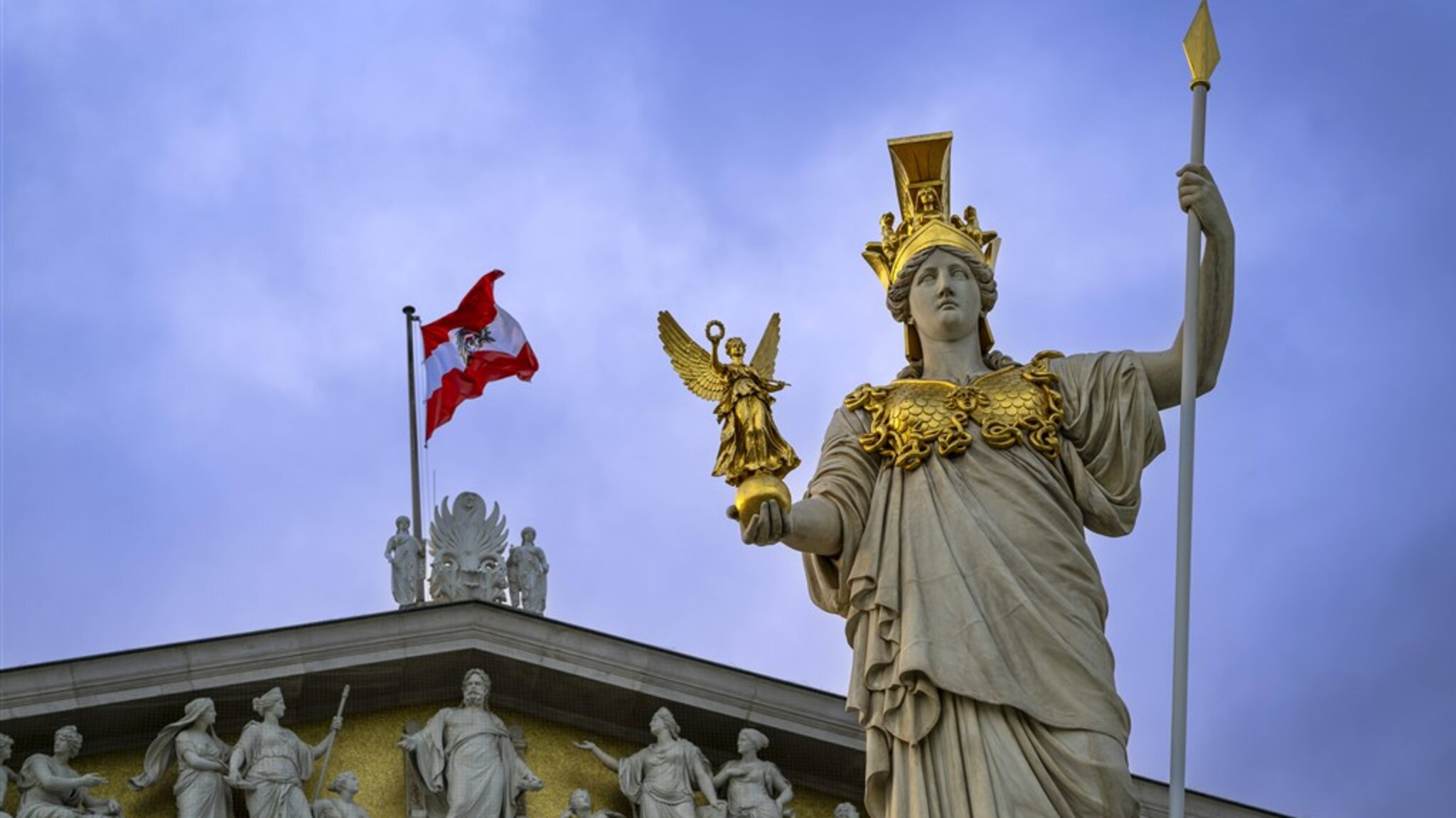The current riots seem to resemble a Netflix spy series in places. The protagonist of that series is Egisto Ott. The former Austrian intelligence employee was arrested last week after an investigation conducted by the German newspaper Der Spiegel And independent Russia The insider.
They showed that Ott was not an ordinary employee of Austrian intelligence, but a spy for Russia.
Ott is said to have passed confidential information on laptops and phones. The story behind the phones is particularly striking. So we have to go back to the boat trip. Among them was someone from the Ministry of the Interior, the head of the Federal Police, and the head of the National Office for Migration and Asylum. The trip did not go as planned, the boat capsized.
The technician repairs phones and transmits information
The three men’s phones fell into the water and sustained water damage. A Secret Service technician repaired the phones, but also delivered them to Egisto Ott. Copies of the contents of the phones were made, and in the summer of 2022 they were sent to the Russian intelligence service FSB.
In recent years, the Austrians have received indications that all sorts of things are wrong with Ott. But they were unable to arrest him either due to insufficient evidence. Ott also had a police career. Despite the indications, his police card was never taken from him. Through this passage, he was able to obtain information and documents from government agencies, all of which also fell into Russian hands.
It is not known exactly what information related to this and what was on the laptops and phones. In Germany, it is suspected that this relates to secret information about their country. But this is not certain.
This is not the first time that stories have emerged about sometimes warm relations between Austria and Russia. Many of these stories date back to the years when the right-wing populist Freedom Party was a member of the Austrian government. This was from 2017 to 2019. We highlight two stories.
Ibiza Gate
First of all, the gateway to Ibiza. The riot revolves around a meeting between the head of the Austrian Freedom Party and the niece of a Russian oligarch. At least the boss thought it was the niece. Secret recordings were made and it appears that the head of the FPÖ was willing to give women government contracts in exchange for support during the election campaign. Ultimately, the government in which the Austrian Freedom Party sat was unable to survive. Photos from Ibiza can be seen here:
Then there is the story of Karin Kneissl, who served as foreign minister for two years on behalf of the Freedom Party of Austria. At her 2018 wedding, she had a special guest: Russian President Vladimir Putin, and she was photographed dancing with him. She was blamed for her position as a minister. After she was a minister I left for Russia To work for an oil company, he appeared regularly on the Russian state propaganda channel RT.
The good relations between the Austrian Freedom Party and Russia raised eyebrows in other European countries. Therefore our intelligence service, the AIVD, and the British MI5 no longer wanted to cooperate with the Austrians. This is what the Austrian newspaper wrote Der Standard Already in 2019. The Dutch and British services were afraid that the information would fall into the wrong (Russian) hands. It didn’t help that Austria was also known as a country where Russian spies regularly appeared.
But how could these spies be in Austria? According to Nikki Ekane, assistant professor of intelligence and security at Leiden University, there are several reasons. “For the first issue, we have to go back to history. During the Cold War, it was agreed that Austria would remain neutral and would not choose a side between the West and the Soviet Union. This allowed the Soviets to make their way into the country.”
Spying is not prohibited
That is, the Russians were able to engage in espionage there because prohibiting it was considered non-neutral. It is noteworthy that espionage is still not prohibited in Austria, as long as it does not harm the Austrian state. Spies who learn more about Germany or the Netherlands through information from Austria, for example, are not formally punished.
“In addition, there are a number of international organizations in the Austrian capital, Vienna,” says Ekani. “Think of a United Nations office, the administrative center of the OSCE and the International Atomic Energy Agency. A large number of diplomats work in the city and they are all immune. This is a useful cover for spies.”
According to Ekani, the fact that the intelligence service is in a bad state is a blow to Austria. “They no longer play any role in the Bern Club because of all the fuss. It is an informal group in which countries exchange intelligence with each other. The Netherlands is also part of it. Relations with Austria are frozen, because they are not.” Other countries trust it.
The rules change
“Austria is now trying to change that. For example, the responsible minister is calling for an amendment to the rules surrounding espionage, rules that stipulate that espionage is not punishable if it does not harm the Austrian state.” Previous attempts to do so have failed, but perhaps the recent scandal surrounding Egisto Ott could change this situation forever.

“Infuriatingly humble social media buff. Twitter advocate. Writer. Internet nerd.”








